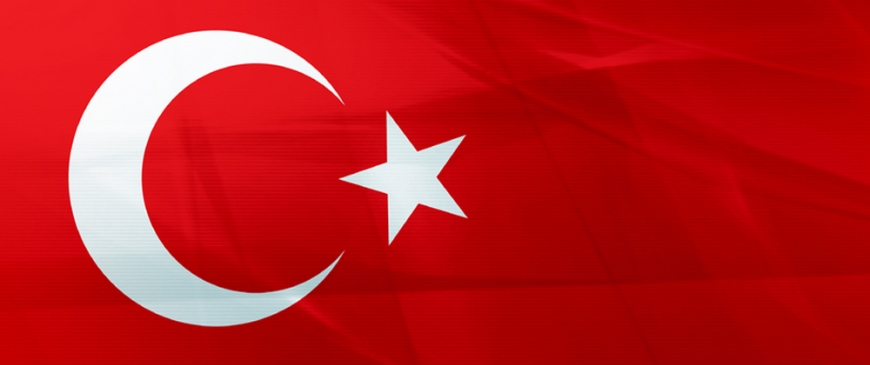
Europe and Turkey need each other
Rem Korteweg, a senior research fellow with the CER, told Anadolu Agency that last Sunday's EU-Turkey summit showed that the European Union needed Turkey as much as Turkey needed the EU. "For Europe these days all roads lead to Ankara," Korteweg said, adding that Turkey was the "key country" for matters ranging from the refugee crisis to counter-terrorism measures, and from the Syrian civil war and energy security to relations with Russia.
However, he added that Turkey needed an economy that grew in parallel to its increasing population and that it needed the European Union in order to enact reforms which will attract trade, finance and foreign capital.
The EU has a “transaction-based approach” to its dealings with Turkey and the deal struck between the two sides to open membership chapters for negotiation of Turkey stems the flow migrants to Europe was a risky approach for both sides, he said.
It had to be questioned how possible it was for Turkey to wholly stop the flow of migrants to Europe.
“If the agreement regarding migrants does not come into force, this could threaten the benefits that Turkey expects to receive in return. This could bring about a delay to visa-free travel [planned for Turkish citizens for October 2016],” Korteweg said.
The analyst also criticized the approach that considers Turkey to be a kind of “buffer zone”, questioning whether Turkey would be prepared to play this role and the impact it would have on its domestic affairs.
Russia’s expansionist policy was an important factor in the fresh ties between Turkey and the EU, with the annexation of Crimea being a particular turning point.
“After Russia annexed Crimea in 2014 the EU decided to reduce its dependence on Russian gas. The route for gas from the Caspian Sea, Iraq’s Kurdish region and Iran – all of which are alternatives to Russia – must pass through Turkey. That is why Turkey has become a critically important energy partner for the EU, thanks to the Kremlin,” Korteweg said.
